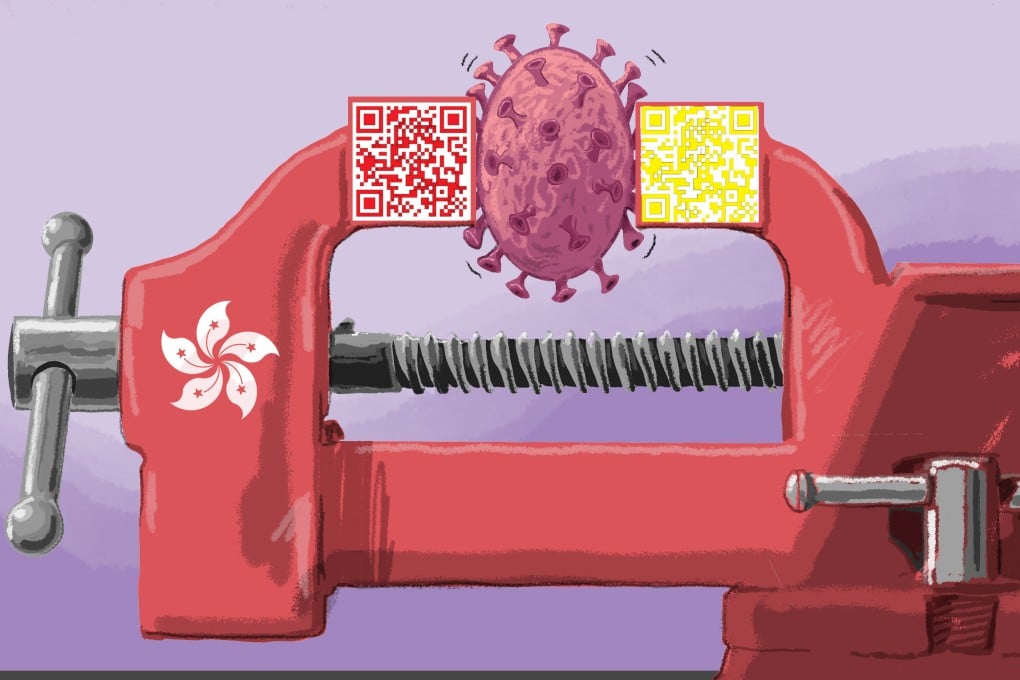Opinion | Why Hong Kong’s Covid-19 health code is not some Faustian bargain
- The new system won’t mean giving up all our rights to privacy in return for a shot at a normal life. And it is by no means a panacea for all our pandemic woes
- But in a dynamic Covid-19 situation with few options left, a health code can help reduce transmission risks and aid economic recovery

These barbed arrows of criticism are understandable but not necessarily realistic. Many lament that Hong Kong has not followed others around the world in relaxing controls and opening borders. But what if our Covid-19 cases and death rates surge again?
As has been shown time and again, a sudden upswing in infections can overload tracing and testing capacity, resulting in delays in contact tracing, thus increasing transmissibility. The health code can help drive down transmission risks without causing system fatigue.
But if such measures weren’t in place, any surge in infections would lead to criticism of the administration for not doing enough. Unfortunately, too many opinions purporting to reveal political conspiracies are conjured up in front of a computer screen.
